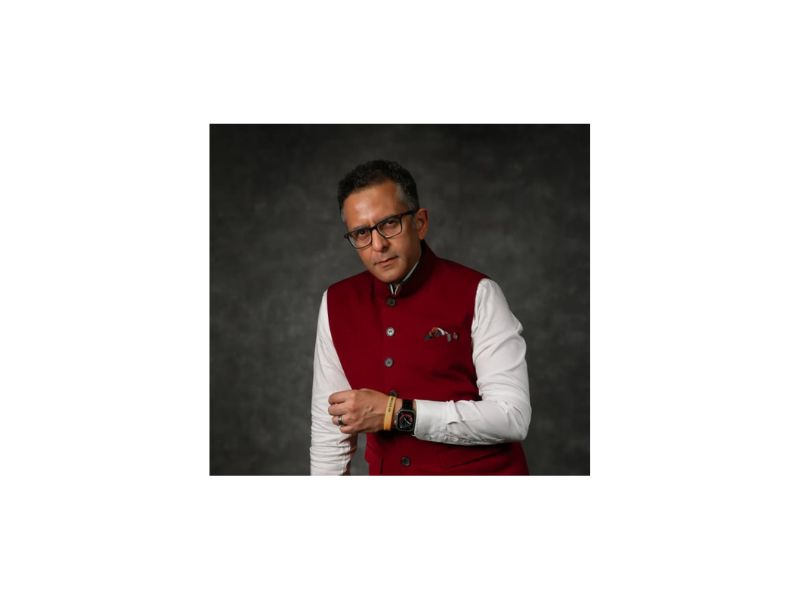No products in the cart.
From Rote to Resourcefulness: How the IB Inquiry Model Prepares the “Un-trainable” Worker
– Gaurav Bhagat, Founder, Gaurav Bhagat Academy
The most effective education for a fast-changing world is one that teaches students how to think, not what to think. As future roles continue to evolve, static skills gained through rote learning are no longer sufficient. With an estimated 65 percent of primary school students likely to enter jobs that do not yet exist, the priority is to build analytical thinking, active learning, and complex problem-solving abilities—skills identified as critical in the World Economic Forum’s Future of Jobs Report 2025. This raises an essential question for educators and parents: how can such skills be developed systematically?
One approach is the International Baccalaureate (IB) curriculum, which places inquiry, investigation, and reflection at its core. Unlike exam-centred boards, IB classrooms encourage exploration and application through essays, projects, fieldwork, and presentations. Assessment focuses on how students think, not on how much they memorise.
Theory of Knowledge: Building Critical Thinking
The Theory of Knowledge (TOK) course plays a central role in cultivating critical reasoning. Students examine the nature of knowledge, evaluate evidence, challenge assumptions, and compare perspectives across disciplines. Discussions range from what counts as proof in science versus history to how cultural bias shapes what societies accept as truth. TOK strengthens open-mindedness, critical inquiry, and awareness of personal biases—attributes that support adaptable thinking in any profession.
Extended Essay: Strengthening Independent Research
The Extended Essay (EE), a 4,000-word independent research paper, develops academic discipline. Under teacher supervision, students select a topic, frame a research question, gather data, and present findings over several months. Managing a long-term project builds independence, time management, and resilience—skills aligned with the demands of continuous learning in modern careers.
CAS: Learning Beyond the Classroom
Creativity, Activity, Service (CAS) ensures learning extends beyond textbooks. Students engage in creative projects, physical pursuits, and community service, applying initiative, teamwork, and decision-making in real-world contexts. CAS activities—from environmental campaigns to leadership roles—help students develop practical skills alongside academic growth.
How This Differs from ICSE and CBSE
India’s long-established boards, ICSE and CBSE, have traditionally prioritised structured syllabuses, strong content knowledge, and exam performance. These systems align well with competitive exams but have historically placed less emphasis on inquiry-based learning.
The National Education Policy (NEP) 2020 aims to shift this by promoting multidisciplinary learning and skill-based education. CBSE schools have begun introducing electives such as coding, data science, financial literacy, and artificial intelligence. However, implementation remains uneven. An NCERT survey shows that only 47 percent of secondary schools offer skill-based courses, and just 29 percent of students opt for them. With CBSE overseeing more than 31,000 schools, reforms at scale face significant challenges. The IB, with a smaller presence of around 200 schools in India, operates with more flexibility.
Conclusion: Preparing for Lifelong Learning
Through TOK’s critical reflection, the EE’s research depth, and CAS’s practical engagement, the IB inquiry model prepares students to think independently, question assumptions, and apply learning in unfamiliar situations. These learners do not wait for structured training; they are equipped to adapt, solve problems, and update their skills continuously.
The shift “from rote to resourcefulness” is not a slogan but a necessary response to a world where learning is ongoing. An inquiry-driven, research-based curriculum prepares students not just for examinations, but for a future defined by change.
Also Read: Cutting Evaluation Time to Give Teachers More Instructional Hours















Add comment